TEHRAN (Bazaar) – Professor Paul Pillar, who was CIA intelligence analyst for 28 years, says “Republicans and other opponents of the JCPOA will attack any agreement that comes out of these negotiations, no matter what the terms of the agreement and no matter who was on the negotiating team.”
He adds that “Most of the diehard opponents of the JCPOA don't want any agreement with Iran on anything.”
Following is the text of the Bazaar interview with Professor Paul Pillar:
Bazaar: Recently, there was news about a change in the US nuclear negotiating team, and “Richard Nephew”, who is known as the designer of US sanctions against Iran, has left the team. Some see this change as a positive signal to Iran. What is your opinion?
Pillar: This personnel change is unlikely to have been intended as any kind of signal to Iran. Members of U.S. diplomatic delegations come and leave for any of many different reasons. Richard Nephew's departure is most likely his own decision, motivated possibly by an agreement shaping up that he did not feel comfortable signing on to and defending, or by personal frictions and frustrations, or by a desire to return to teaching duties at Columbia University or other activities.
Bazaar: If we assume that these changes are a positive signal to Iran, will the Biden government be able to be safe from the consequences of the attacks of the Republicans and the opponents of the JCPOA? Will there be no action to break the agreement in Congress?
Pillar: Republicans and other opponents of the JCPOA will attack any agreement that comes out of these negotiations, no matter what the terms of the agreement and no matter who was on the negotiating team. Most of the diehard opponents of the JCPOA don't want any agreement with Iran on anything. Most of the Republicans do not want to see any Democratic president have any diplomatic accomplishments or successes.
Bazaar: Iran has recently stated that it is willing to negotiate directly with the United States on nuclear issues if sanctions are lifted. Meanwhile, the United States has already called for direct talks with Iran. Will Iran's action at this stage increase the likelihood of an agreement?
Pillar: At this point it looks as if any U.S. sanctions relief would be part of an agreement emerging from the Vienna talks, rather than a preliminary condition to the negotiations. Thus there still are unlikely to be direct talks before an agreement is reached.
Bazaar: The Qatari officials traveled to Iran and the United States. Does these trips carry a message about the nuclear deal?
Pillar: The Russians, Chinese, and Europeans in Vienna have already been functioning as go-betweens for communications between Iran and the United States, and it is difficult to see a need for the Qataris to function that way as well. Possibly if there were some side-agreement (not on nuclear matters) in which Qatar might be helpful, some sort of message might have been conveyed.
Bazaar: Meanwhile, Jake Sullivan recently met with Israeli officials to discuss an interim agreement with Iran, and White House Middle East Coordinator Brett McGurk said Iran and the United States were on the verge of a possible agreement to return to the JCPOA. And the Biden government is still focused on returning the nuclear deal and has no interest in a “less-for-less” interim deal. What is the reason for the Biden government's focus on the full revival of the JCPOA instead of the interim agreement (Iran had also rejected any interim agreement)?
Pillar: One reason is the Iranian rejection to an interim agreement. Another is the likelihood that critics in the U.S. would seize on anything less than full return to the JCPOA limits as indicating that the new agreement was "even worse" than the JCPOA. Yet another reason is that it would obligate the Biden administration to devote much attention in the near future to following up on an interim agreement to get to a new full agreement--a negotiating task that it may see as a drain on its time and attention.

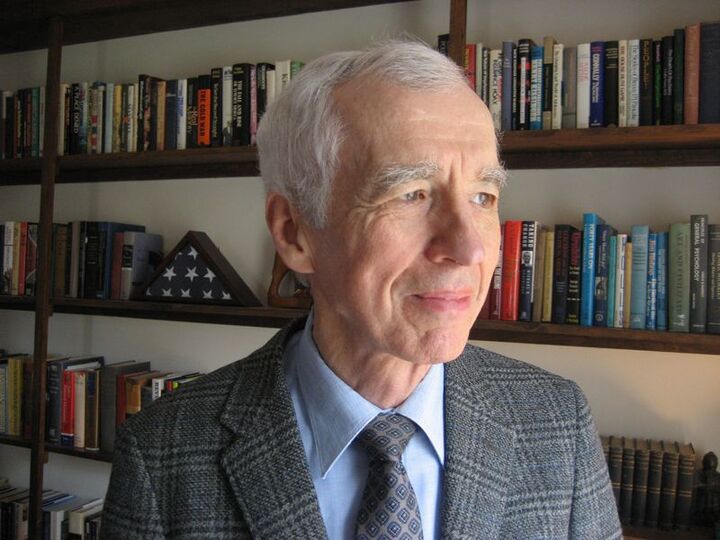




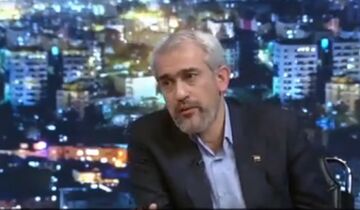
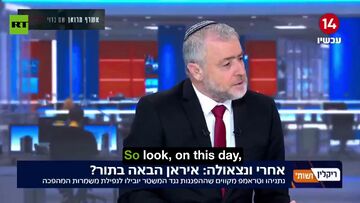
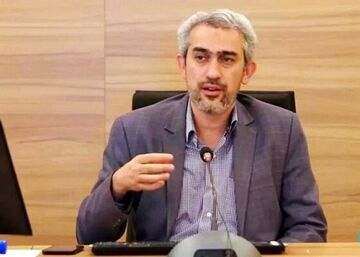



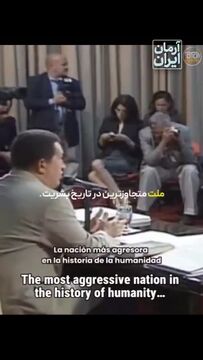



نظر شما